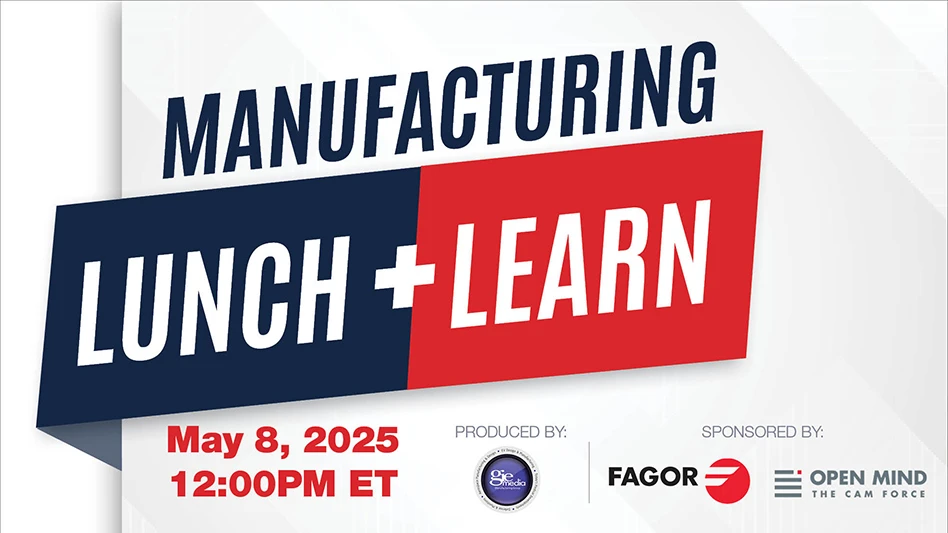 Elizabeth Engler Modic Elizabeth Engler ModicEditor emodic@gie.net |
Perhaps you have an orthopedic implant. A knee. A hip. If you don’t, chances are you know someone who does. My mother has had both knees replaced, a friend has had both hips replaced, and my list can keep going. However, medical devices span much more than a comparison of who has more bionic parts. The fact that technology tracks and reports health-related data means researchers have more information to analyze diseases than ever before. While it’s great to know my daily steps, this data is really helping researchers better understand disease and lifestyles. I wish other advancements positively changing lives had been around sooner. It will be eight years in February since I lost my father to Parkinson’s disease/Lewy body dementia, but we lost him years before that because of its impact. If you’ve watched a loved one battle this you’ll understand the pain of seeing their frustration increase as their mobility decreases. No matter the drugs tried, the disease won years before my father’s life should have ended – and his quality of life was gone long before that. Like many life-ending/life-shortening diseases, people want a cure, whether it’s a medical device or a pill. Both options recently caught my attention. In mid-October, National Public Radio ran a story about a pilot study with 12 patients that were given a small dose of a drug already approved to treat leukemia: Nilotinib. The results were stunning – mental function improved in all 11 people who completed the six-month trial, and for several, the improvements were dramatic. One regained the ability to feed herself, another stopped using a walker, and three previously nonverbal patients began speaking again. On the heels of this news was the live broadcast of an awake deep brain stimulation (DBS) surgery from University Hospitals Case Medical Center in Cleveland, Ohio. While the FDA approved DBS 12 years ago, this was the first time the surgery was aired around the world. None of this would be possible without the surgeons that perform this delicate task and the precision-made medical devices – those implanted and the ones used to perform the surgery. The electrodes used in DBS surgeries are about 8.5mm long with a diameter of about 6mm, and are placed approximately 50mm into the brain while the patient is awake. It’s this precision in device designing, engineering, and manufacturing that is positively changing an individual’s life by reversing or stalling advancement of a disease and returning quality of life to many. My father didn’t get to benefit from this, but I’m thankful that so many people have and will continue to gain from medical advancements. Those who play a role in these life-changing advancements deserve a thank you. Thank you researchers and surgeons that have made these medical advancements. Thank you design engineers, for developing metallic-silicone electrodes that can be inserted into the brain, along with the equipment that guides them into the most effective location. Thank you machine tool builders, your precision technology makes it possible to produce these parts. Thank you machinists for making parts that have no room for error. Everything used during October’s DBS surgery came from someone’s vision – from the concept to the final machined products. For your role, I thank you and say, keep the advancements coming.
|
Get curated news on YOUR industry.
Enter your email to receive our newsletters.
Explore the November December 2015 Issue
Check out more from this issue and find your next story to read.
Latest from Today's Medical Developments
- Siemens accelerates path toward AI-driven industries through innovation and partnerships
- REGO-FIX’s ForceMaster and powRgrip product lines
- Roundup of some news hires around the manufacturing industry
- Mazak’s INTEGREX j-Series NEO Machines
- The Association for Advancing Automation (A3) releases vision for a U.S. national robotics strategy
- Mitutoyo America’s SJ-220 Surftest
- #56 - Manufacturing Matters - How Robotics and Automation are Transforming Manufacturing
- STUDER looks back on a solid 2024 financial year








